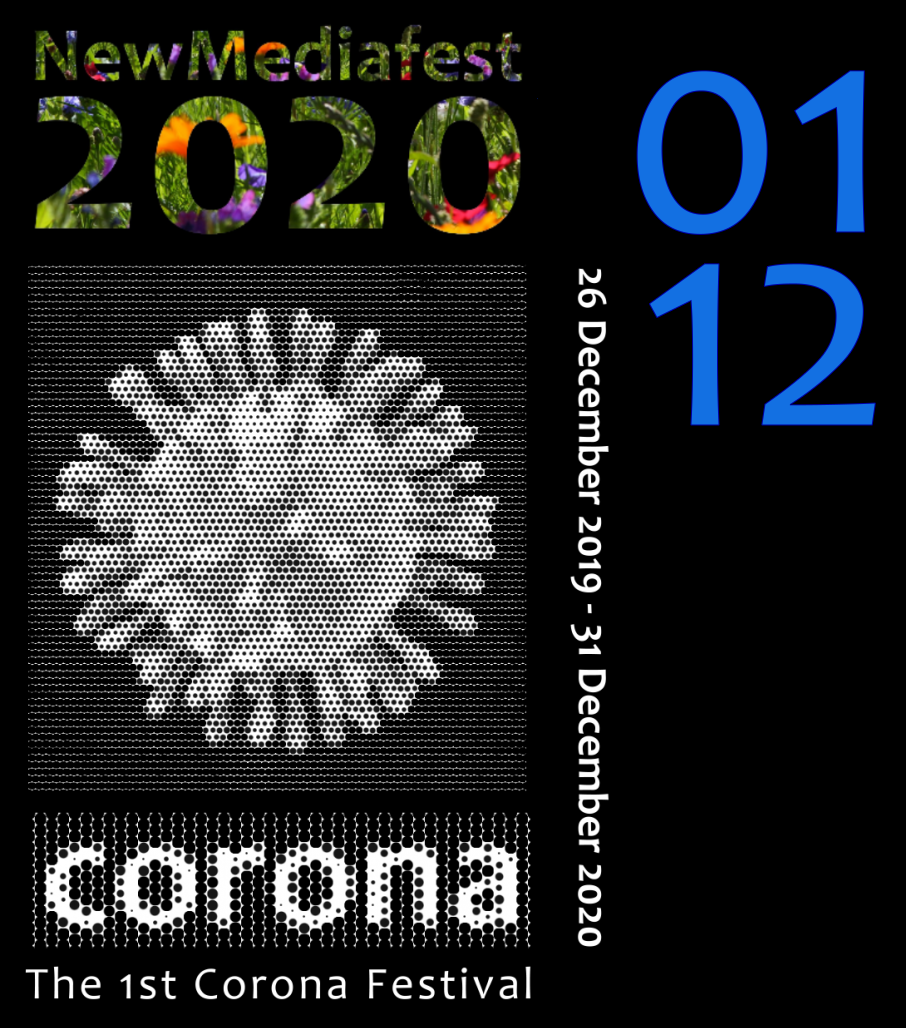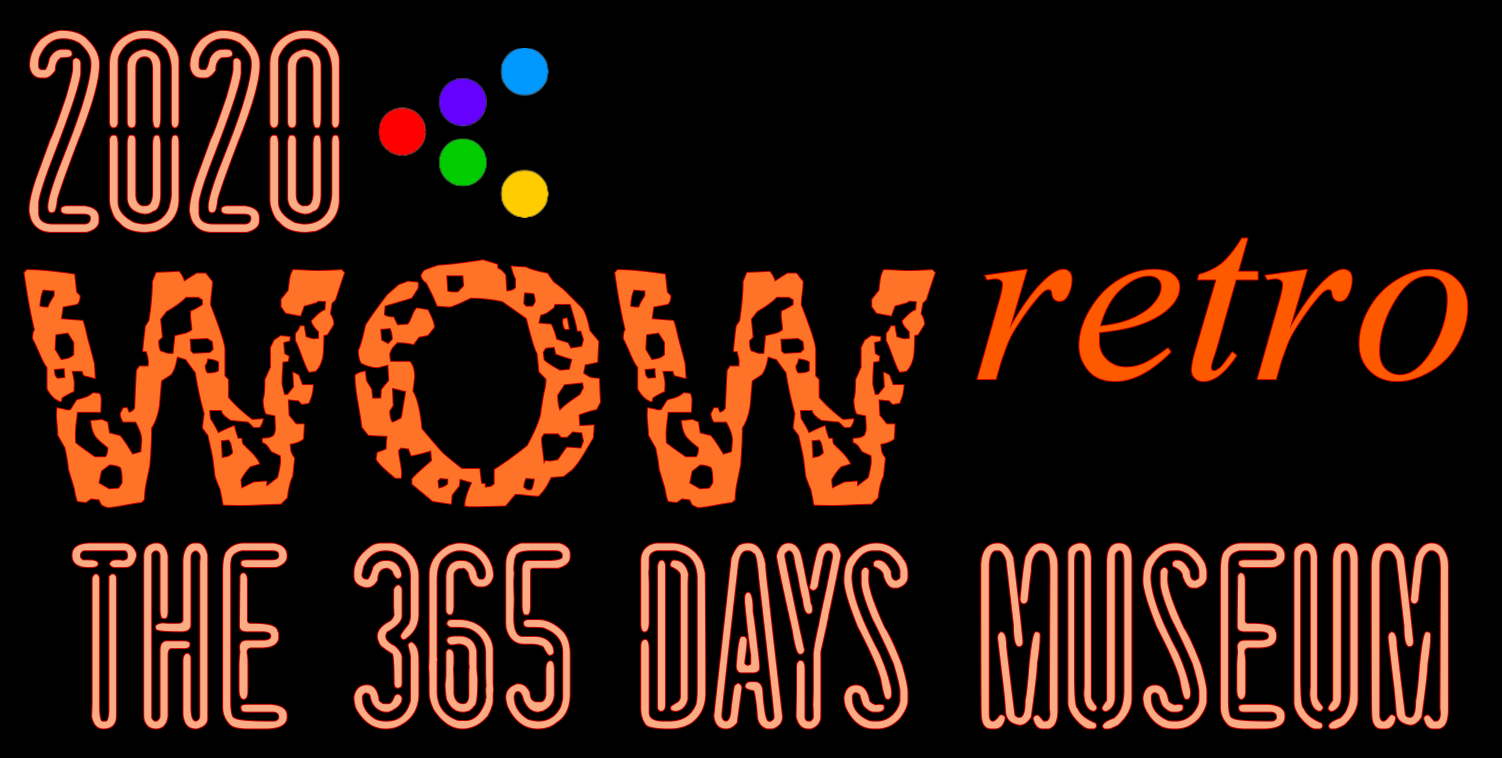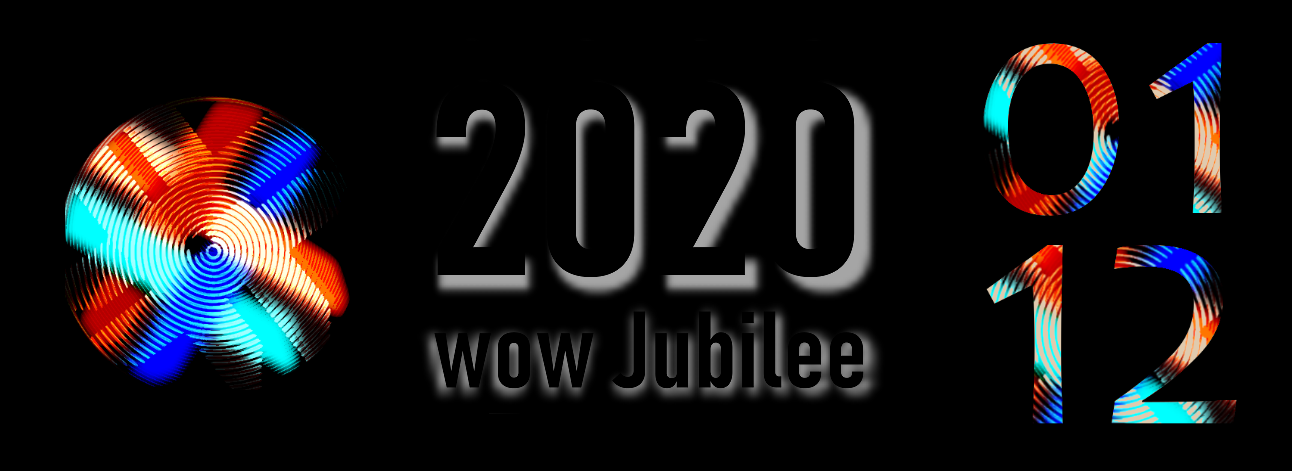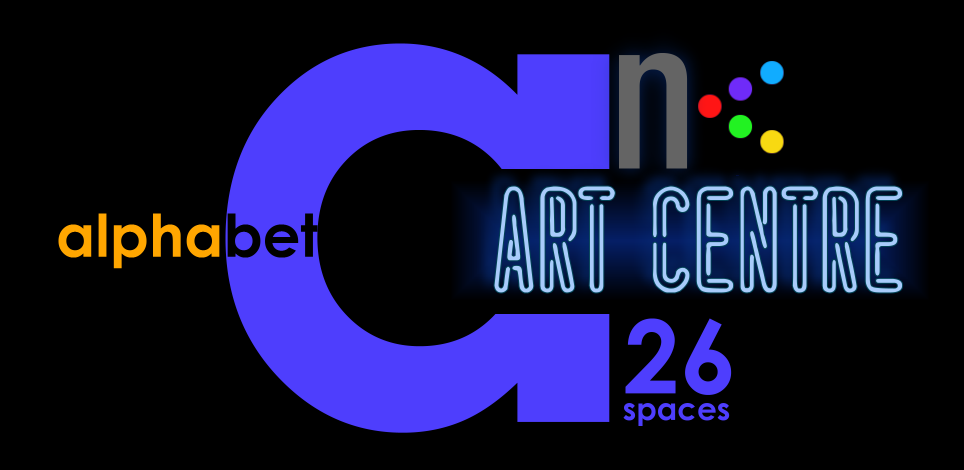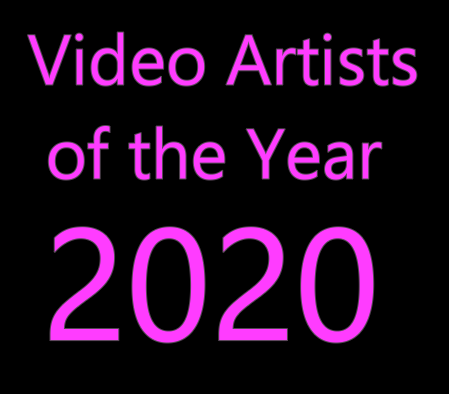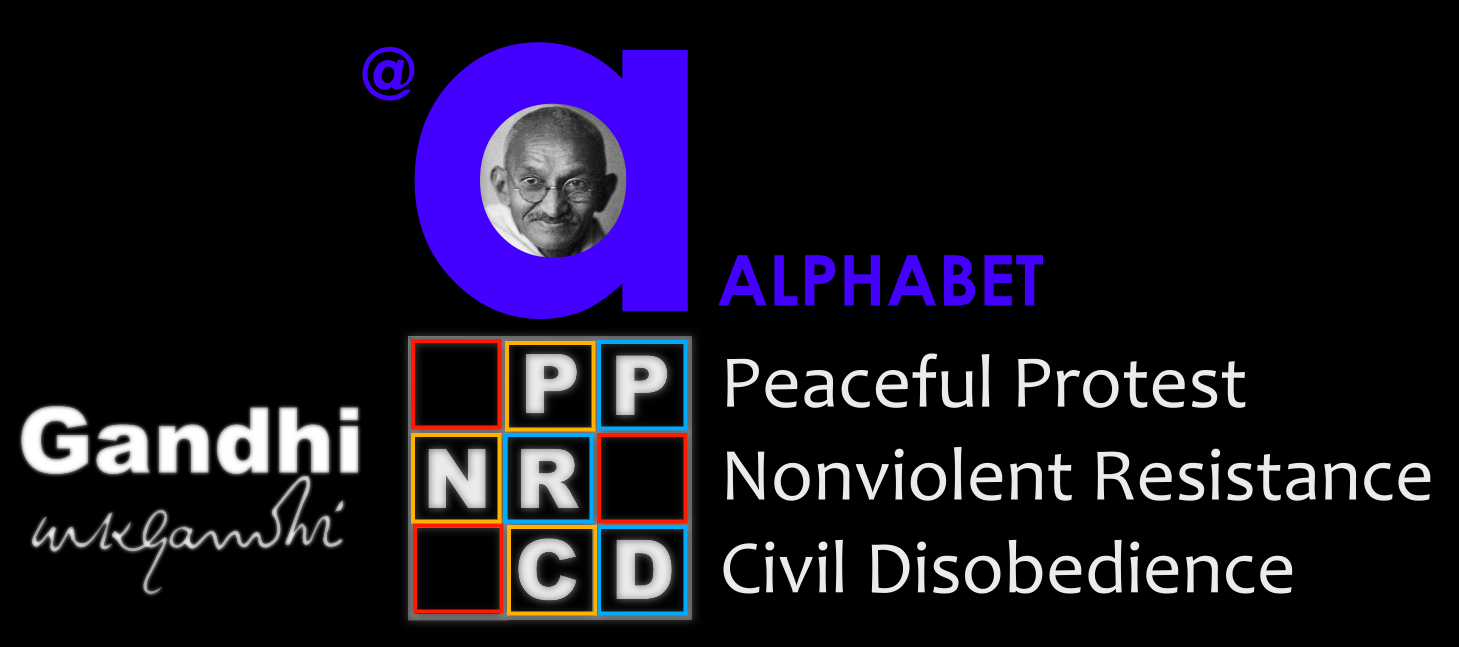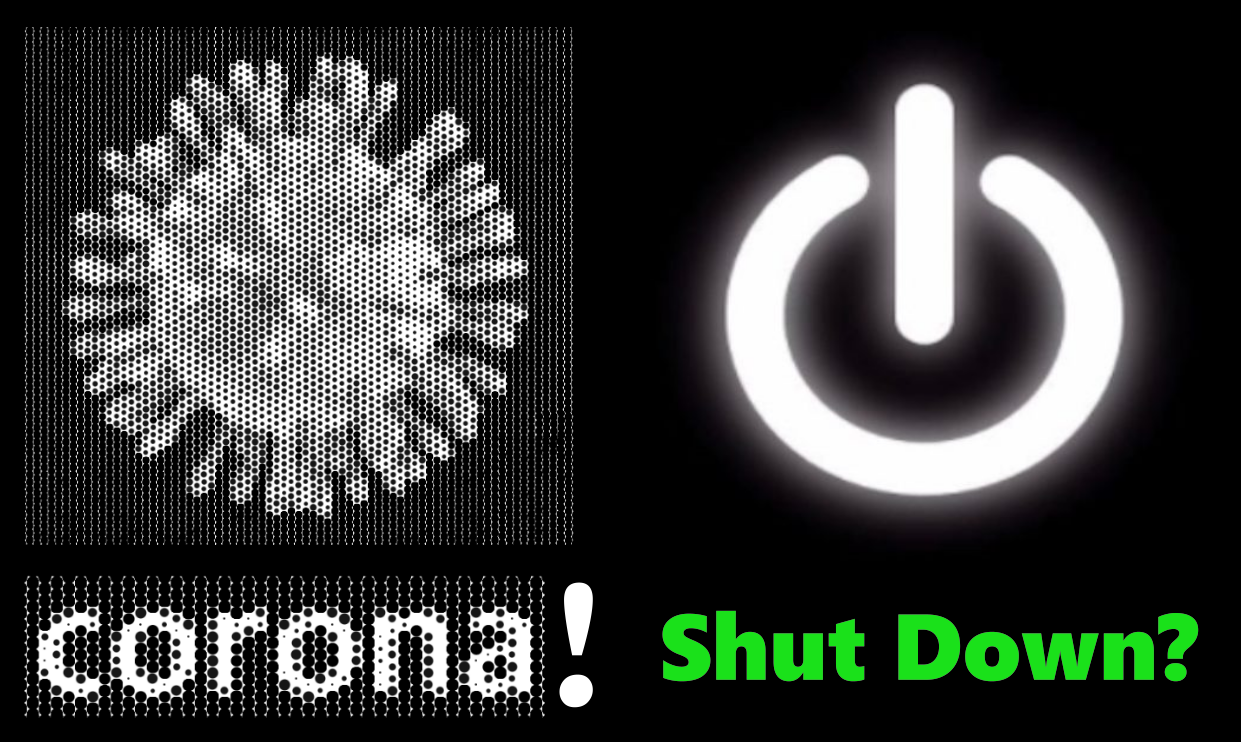video feature
Havanna
Salon y Coloquio Internacional de Arte Digital
Victor Casaus
Havanna


Wilfried’s course of life has some particular characteristics, by coincidence he is entering relevant political and cultural processes – for a while the doors are wide open before they close again, and Wilfried is taking his chances when they appear. He entered in his particular way the process of the system change, the fall of the Berlin Wall 1989 and the German re-unification and became part of it, and another kind of historical moment was when Cuba opened its lockdown from the rest of the world, and it was allowed for Western people to enter the country. During such a phase of open doors Wilfried got contacts to Cuba and participated between 2002 and 2006 in total 5 times in Salon & Coloquio Internacional de Arte Digital in Havanna organised at Centro Cultural Pablo de la Torriente Brau by Victor and Abel Casaus. Participating in this festival had something extraordinary exotic, because Cuba had been a prohibited area for the past decades.
 Since 2002, each year it had been in the discussion how and whether Wilfried may attend the event in Havanna, but a travel to Cuba was not usual, there were no direct flights from Germany to Cuba, and the diplomatic relations to USA and other Western countries were still cut, and nobody was prepared to fund the travel.
Since 2002, each year it had been in the discussion how and whether Wilfried may attend the event in Havanna, but a travel to Cuba was not usual, there were no direct flights from Germany to Cuba, and the diplomatic relations to USA and other Western countries were still cut, and nobody was prepared to fund the travel.
 But this year in 2006, for the first time a travel to Cuba via Panama City seemed to be feasable, Wilfried had to change the plane in Paris and Panama City, and then some days ago Wilfried arrived at Havanna International airport, where Victor Casaus was welcoming him. It was as if Wilfried was landing on an alien planet, everything seemed to be to familar and completely strange a like, and when Wilfried heard that he would not reside in a hotel, but had a private room in a Cuban family, he was very happy to learn something about the Cubans on a private scale. The house is located in a narrow street in the historical center of Havanna, which is currently under reconstruction, and this a again is a lucky coincidence because he experiences an unsual open and creative atmosphere and he has the chance to visit and explore many of the demolished but to be reconcontructed historical buildings. When Wilfried will visit Havanna again in 2012, nothing from this spirit was left, and the Cubans had become money-grubbing, thus within a shotrt time they had assimilated to Western capitalism.
But this year in 2006, for the first time a travel to Cuba via Panama City seemed to be feasable, Wilfried had to change the plane in Paris and Panama City, and then some days ago Wilfried arrived at Havanna International airport, where Victor Casaus was welcoming him. It was as if Wilfried was landing on an alien planet, everything seemed to be to familar and completely strange a like, and when Wilfried heard that he would not reside in a hotel, but had a private room in a Cuban family, he was very happy to learn something about the Cubans on a private scale. The house is located in a narrow street in the historical center of Havanna, which is currently under reconstruction, and this a again is a lucky coincidence because he experiences an unsual open and creative atmosphere and he has the chance to visit and explore many of the demolished but to be reconcontructed historical buildings. When Wilfried will visit Havanna again in 2012, nothing from this spirit was left, and the Cubans had become money-grubbing, thus within a shotrt time they had assimilated to Western capitalism.
 But today, 17 June 2006 is the opening of the festival and behind the historical facade of Centro Cultural de la Torriente Brau a huge garden is opening at the backyard. It is a wonderful atmosphere to be among people which Wilfried usually would never meet, particularly participants coming from Central and Sounth America. That’s a really good experience, because not only Cuba was locked down, but the Western world, as well, because this lock down was vice-versa.
But today, 17 June 2006 is the opening of the festival and behind the historical facade of Centro Cultural de la Torriente Brau a huge garden is opening at the backyard. It is a wonderful atmosphere to be among people which Wilfried usually would never meet, particularly participants coming from Central and Sounth America. That’s a really good experience, because not only Cuba was locked down, but the Western world, as well, because this lock down was vice-versa.
Wilfried recognizes another time how important it is for an international understanding that people meet each other and learn from each other, and the Cubans generally, not only the organisers of the festival, are extraordinary friendly and hospital people. It is a strange atmosphere to walk at night through the old city centre and on each corner a policeman is caring about the security, which, however, would be otherwise not be guaranteed obviously.
But Wilfried is not only participating with his works – The RRF Project, Women: Memory of Repression in Argentina and Message from behind a Wall, but also in the symposium and later on 22 June, Wilfried will have his presentation of “Selection 03” from VideoChannel at ICAIC – The Cuban Film Institute, where his explanations will find a fertile soil and recognition.
When Wilfried is walking a long the seaside, he is thinking, if he would be younger, he would emigrate to Cuba (for the sake of the beauty of this Caribbean island and the warmth of its inhabitans, but, of course, not the political system suppressing a free society). Dreaming is allowed, at least!

Victor Casaus

Wilfried together with other participants in the Colloquium




